Four Star Players All Coldly Eliminated in the First Round! Chinese Tennis Encounters a Waterloo, Is It Basically Over for the Australian Open?

The phrase "one-round tour" sounds disheartening. In the pre-Australian Open tournament, four rising stars of Chinese tennis - Yuan Yue, Zhang Zhizhen, Wang Xiyu, and Wang Xinyu - all failed to advance beyond the first round. As soon as the match ended, the internet erupted with many people expressing their "disappointment," and some even saying that "after Li Na, Chinese tennis has reached its end." Is this really the case?
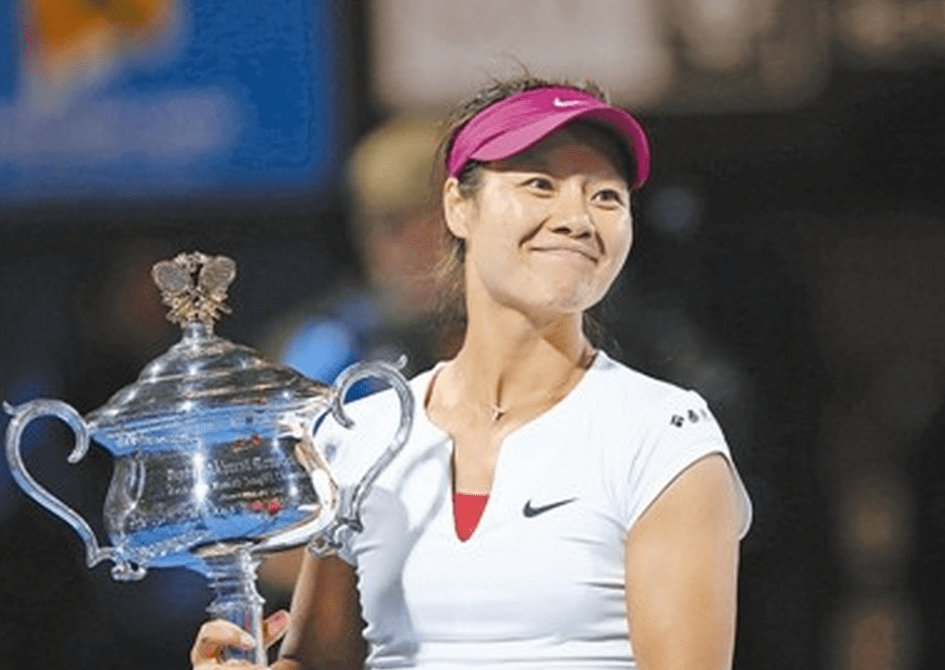
In fact, the result of this match is indeed a bit painful, but if we only focus on the outcome of one match, it may be too short-sighted. Sports competitions have always been a process of ups and downs, and perhaps there are deeper issues behind this "one-round tour." Is it a lack of strength? Or is it a problem with psychological endurance? Is Chinese tennis really stuck in a bottleneck? Today, let's delve into this issue.

In the 2014 Australian Open final, Li Na reached the pinnacle of the world, becoming the first Asian player to lift the Australian Open trophy. This was not only the peak moment of her career but also a highlight for Chinese tennis. That year, almost all the news was talking about the "light of Asia." Li Na's victory not only ignited the passion of countless fans but also became an unshakable benchmark for Chinese tennis.
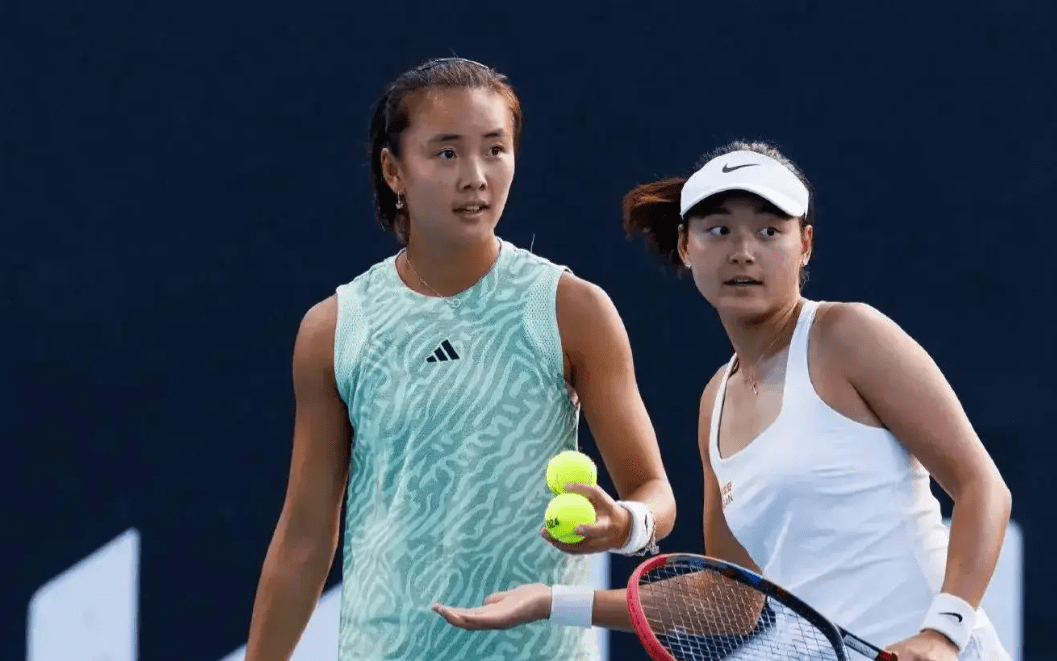
However, the higher the benchmark, the greater the pressure on those who follow. In recent years, China's new generation of players have often been compared to Li Na, inadvertently carrying a heavy psychological burden. Especially Wang Xiyu and Wang Xinyu, these two young players with outstanding talent, often perform abnormally in key matches, which makes people wonder: Has the "Li Na halo" become a shadow that they cannot shake off?
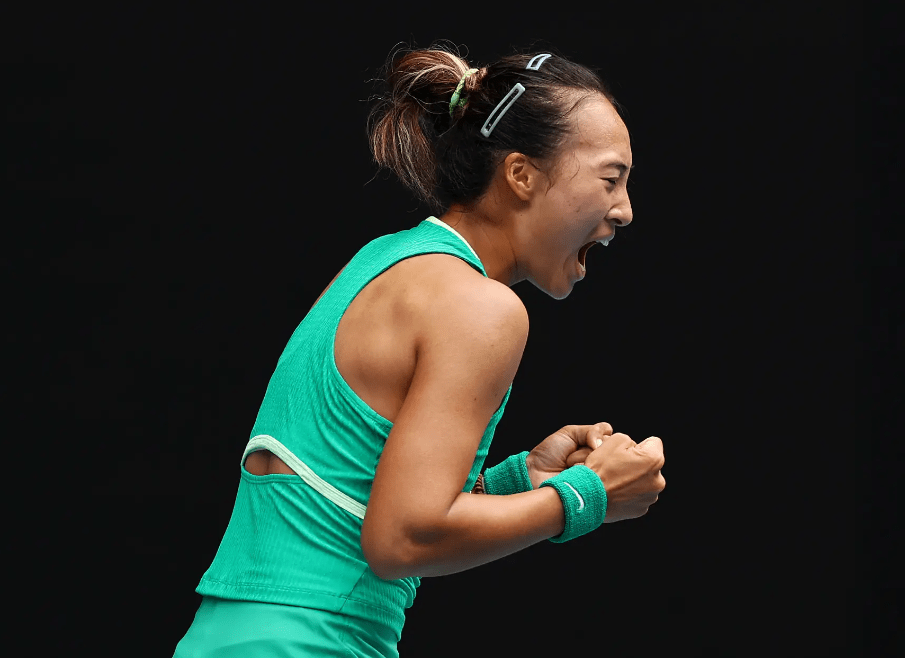
Perhaps the failure in this tournament is not a true reflection of their abilities but a psychological breakdown. The cruel aspect of competitive sports is that the results do not always reflect one's strength; instead, they often test an athlete's psychological resilience under pressure. In this regard, Li Na herself once stumbled, but she later overcame the problem with the help of her team. The new generation of players clearly have not yet found a way to break through these psychological barriers.
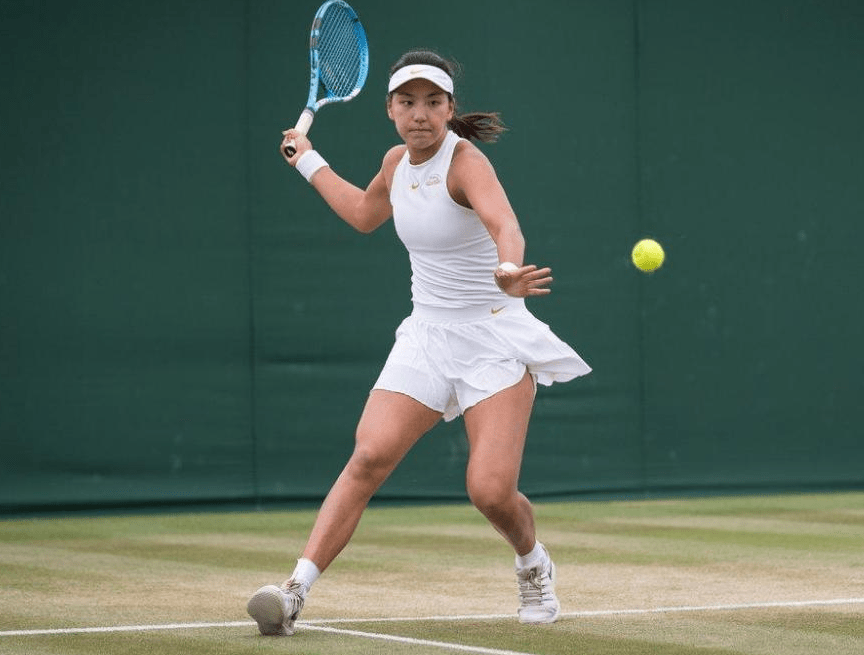
Although this match was disappointing, we cannot deny the growth of these players. Zhang Zhizhen won the first championship in the history of Chinese men's tennis at last year's ATP Challenger, which was an eye-opener. Yuan Yue has shown stable performances in multiple lower-level events, and although this accumulation is not flashy, it is crucial for the long-term development of the players.
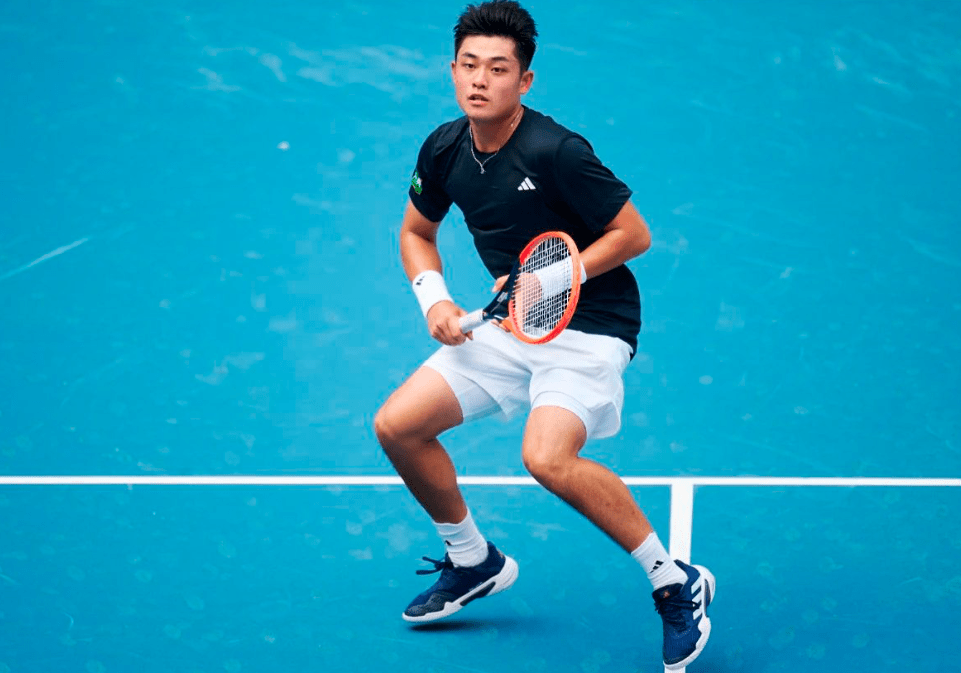
As for Wang Xiyu and Wang Xinyu, they have already made a name for themselves in WTA events on multiple occasions. Although they still have a distance to go in fulfilling their potential, both their skills and physical conditions show great potential. The "one-round tour" in this tournament is undoubtedly regrettable, but rather than being a failure, it is more like a stumbling block in the process of growth. On the path of growth, who doesn't fall? What's important is whether you can get up after falling and continue moving forward.
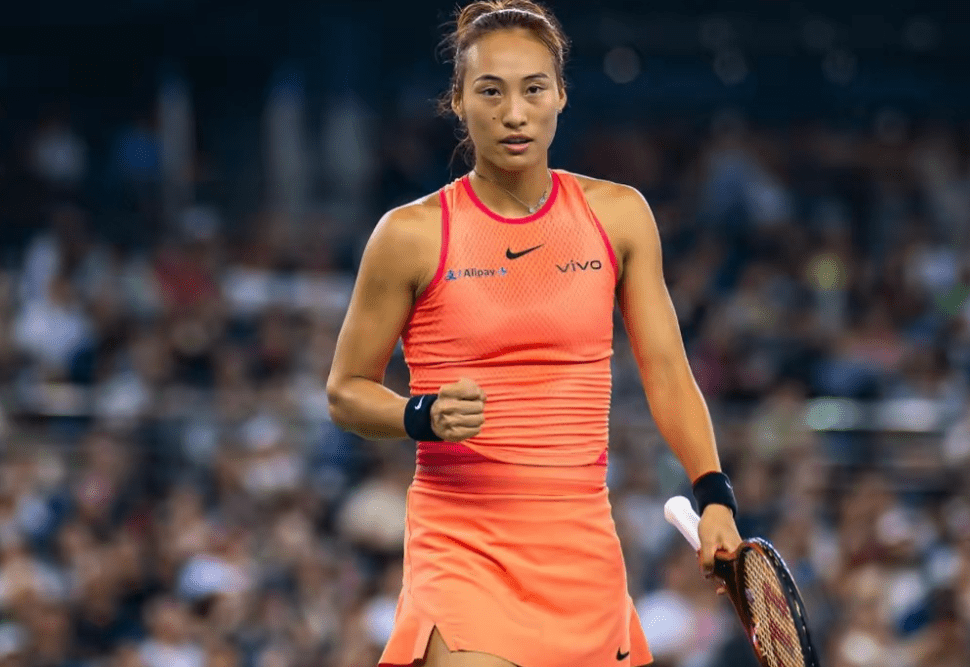
Why does Chinese tennis always seem to be "short of breath" in key matches? This brings us to the issue of psychological quality. On the international stage, Chinese players often "collapse" when leading. This is not just a one-time occurrence; it is clearly not accidental but reflects our shortcomings in competitive psychology.
Li Na herself was once criticized by fans for her psychological fluctuations, and she openly stated that sometimes losing was more about mentality. But later, her team introduced specialized psychological counseling, which gradually helped her overcome the problem. For today's young players, support in this area is clearly far from enough. To stand firm on the international stage, one needs not only skill but also strong psychological resilience. If you can't handle the pressure at critical moments, no matter how good your technique is, it's useless.
In addition to psychological issues, deficiencies in the system cannot be overlooked. Compared to the development of tennis in Japan and South Korea, China's training of reserve players and international preparations are significantly lagging. Naomi Osaka, who has been making waves in the four Grand Slam tournaments in recent years, not only possesses strong psychological qualities but also has a scientific training system to support her. South Korea's Chung Hyeon also reached the semi-finals of the Australian Open, demonstrating the strength of Asian male tennis.
Looking back at China, whether it's male or female players, there is always a lack of that decisive breakthrough. Are we focusing too much on technique when training young players and neglecting the confrontational nature of international competitions? These questions are perhaps what Chinese tennis needs to seriously reflect upon.
Although this defeat is disheartening, a low point does not mean the end but could be the beginning of a turning point. For these players, the upcoming French Open, Wimbledon, and US Open are all new opportunities. Especially clay courts and grass courts may be more suitable for certain technical characteristics of Chinese players. If they can summarize the lessons learned from the tournament, adjust their mindset and tactics, they may experience a real explosion in future competitions.
Moreover, don't overlook the rise of Wu Yibing, this new star. As a "potential stock" in Chinese men's tennis, his performance has injected a lot of confidence into Chinese tennis. Whether we can cultivate more young players like him in the future will be the key to whether Chinese tennis can rise.
In a sense, the charm of sports lies in uncertainty. Lows and highs are part of competitive sports, and only by experiencing pain can one truly grow. As long as the players can persevere and adjust their state, the future of Chinese tennis is still worth looking forward to.
Conclusion
"A one-round tour" is not the end of failure but a node in growth. As long as the direction is right, no matter how difficult the process, it is worth going through. The road for Chinese tennis may still be long, but hope is always there.